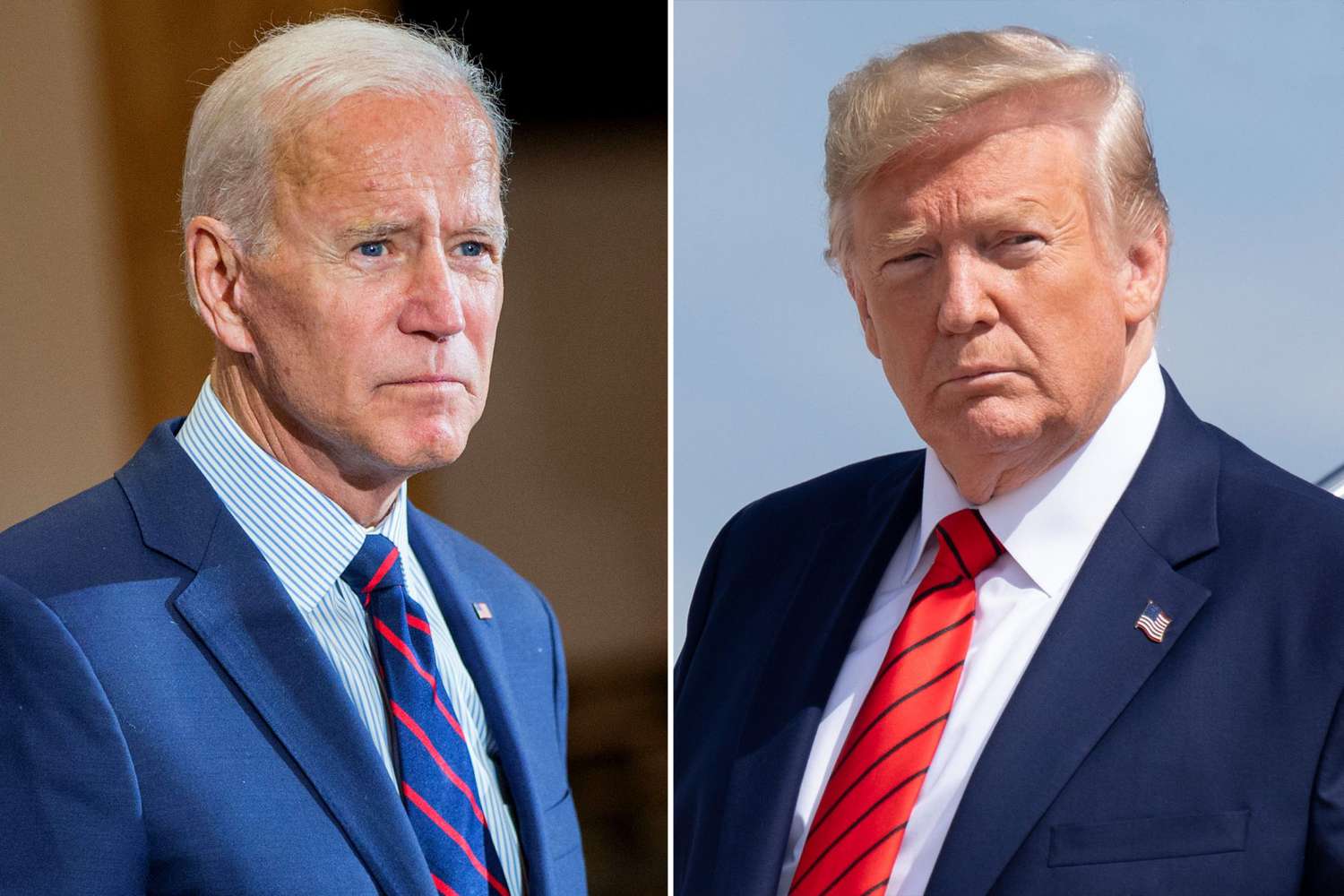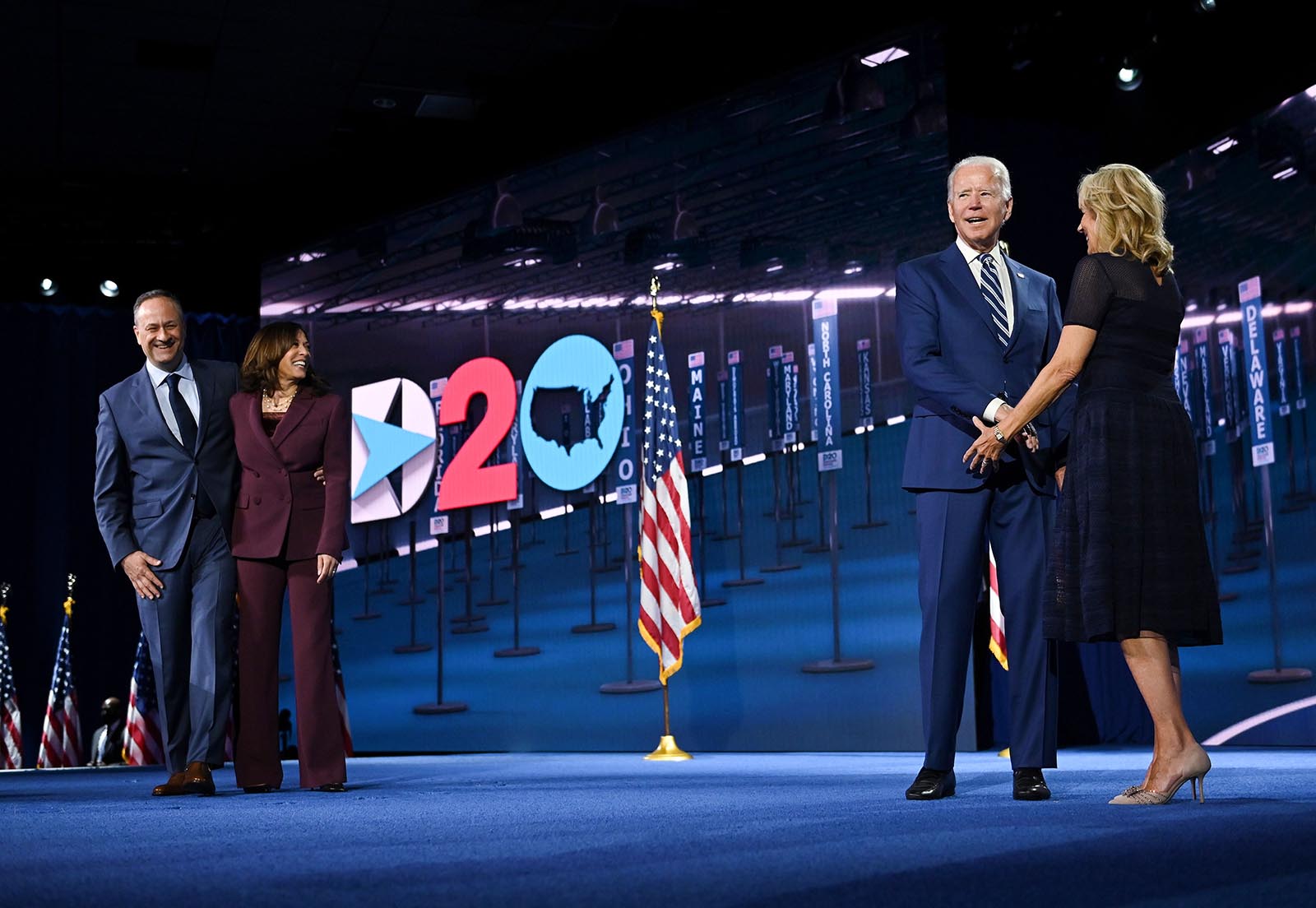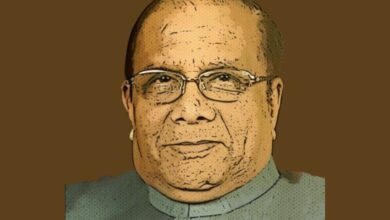
Donald Trump’s roller is about to crush any edge in the dominant one-man speech. The Republican conclave which begins today, the before the presidential elections, will show its profound mark on the formation despite the radical change of script imposed by the coronavirus.
If Democrat Joe Biden’s campaign slogan was “a battle for the soul of the country,” what opens this Monday with the Republican Convention is a battle for the soul of the party. A party that surrendered itself to the arms of a rebel president and that now needs to prepare for life after him. Even if he wins in November, the next would be his last term. And this conclave marks the beginning of the battle for the future. Confirming that, as the primary cycle has revealed, his mark on the party will be difficult to erase.
Tradition marks that the candidate makes only an anecdotal appearance in the first days, before his big speech at the closing of the convention. Too long out of the limelight for the liking of Trump, who has decided he will address the nation in prime time each of the four days of a convention designed by some of the producers of the reality show that launched him to stardom.
The rest of the cast comes from the president’s family environment or from his team of fans. Dissonant notes are not even expected from the few speakers outside that circle who consider themselves potential successors, such as former UN Ambassador Nikki Haley or Senator Tom Cotton.
One more sign that, even if he loses in November, it will not be easy for the mark that Trump has left on a party modelled in his image and likeness to go with him. His figure, critics fear, will mark the formation for years. Proof of this has been the cycle of Republican primaries, in which a golden rule has been imposed: the most Trumpist candidate wins.

Almost half of the 241 Republicans who were in the House of Representatives when Trump arrived at the White House have already left the chamber or will do so by 2021. With them go the voices with some possibility of being critical, who are replaced by acolytes like Marjorie Taylor Greene, who just secured a seat in Congress, after winning the primaries of a safe Republican district in Georgia.
In addition to her tendency to racist comments, she is a defender of the QAnon conspiracy theory, which basically maintains that a progressive elite participates in an international paedophile ring that would be preparing a coup, orchestrated by Barack Obama, Hillary Clinton and George Soros, and that Trump tries to prevent. “A future Republican star,” the president said of Greene.
District by district, a very different Republican Party is being woven from the one that nominated Mitt Romney as a candidate in 2012. The name of the senator from Utah, the only one who voted to impeach Trump, in fact, became a throwing weapon to attack. to rivals in the primaries.
In these months, the party has verified that more than the promise to lower taxes or cut public spending, which makes the difference between the voters of the Republican primaries is the adherence to Trump. A tweet from the president endorsing a candidate can raise him 15 to 20 points in polls. Sixty per cent of the 600 television ads for candidates in this cycle of the Republican primary contained references to Trump, according to an analysis by Politico.
That can make it harder to win elections in districts and states where moderate voters tip the balance toward one party or another. But by consolidating the Trumpist footprint in the safe Republican seats, the survival of the leader’s style and ideas is guaranteed beyond the end of his own political life. Critics fear, then, that the future is a party radicalised in substance and form, but incapable of winning elections.
Worse than expected
The Republican Parade at the Democratic Convention last week indicates that internal resistance to the president has changed, at least temporarily, sides. Hours before Joe Biden accepted the Democratic nomination last Thursday, and four years after 50 former Republican Homeland Security officials warned that Trump would be “the most reckless president in American history,” the same 50 plus others 20 signed another letter, saying their presidency has been even worse than they expected and asking voters to support the Democratic candidate.
“While some of us have different political positions than Joe Biden and his party,” the letter says, “it is now imperative that we stop Trump’s assault on our nation’s values and institutions and reestablish the moral foundations of our democracy.” The common denominator of those who have raised their voices is the “ex.” The fact that they are not part of the Administration nor are they elected party officials. Particularly deafening has been the silence of the senators, members of a House that traditionally boasts of its respect for institutions above even political colour.
“I look at my colleagues when I was a senator and I don’t understand what happened to them,” explained former Democratic presidential candidate Hillary Clinton in an interview on NBC. “Aside from Mitt Romney and in some votes a couple of others, there has been no consistent disposition of people who should stand up in the name of the facts and against the chaos Trump creates, they just don’t seem willing.

The closing of ranks is most striking when the coronavirus crisis has turned the project upside down. Until recently, the script was compelling enough that the president was willing to hold their nose for four more years.
Continuing with the appointment of conservative magistrates to consolidate the conservative bias in the judiciary for at least a generation or continuing to ride the wave of economic growth with the guarantee that there will be no more taxes, were goals for which it was worth tolerating the tweeting outbursts and international ridicule.
But the coronavirus introduced a radical twist to the script. Victory is slipping away, the economy is not doing well at all and the country has buried twice as many deaths in half a year as all its fallen in combat since World War II.
No support from Bush
Nor is it overly encouraging for thoughtful Republicans that so many of the characters who brought Trump to the White House have pleaded guilty or been convicted in these four years of various crimes. The list includes his former campaign manager Paul Manafort and his deputy Rick Gates; his former attorney Michael Cohen; his former National Security Advisor Michael Flynn; his former adviser Roger Stone. And, this past week, police arrested his former chief strategist and campaign architect, Steve Bannon.
All the living presidents and the last Democratic presidential candidate had their speech at the party convention like Hillary Clinton, Bill Clinton, Barack Obama and even Jimmy Carter. This week, in the Republican, neither the only living Republican former president, George W. Bush, nor, of course, the last candidate, Romney, will speak.
 After Romney lost in 2012, the party commissioned an internal study to determine why he had not won the popular vote more than once in a presidential election since 1988. The findings were that the party needed to reach out more to people of colour, to young people, women. “Then Donald Trump emerged and the party threw all those conclusions out the window with an almost audible sigh of relief,” he wrote in The New York Times.
After Romney lost in 2012, the party commissioned an internal study to determine why he had not won the popular vote more than once in a presidential election since 1988. The findings were that the party needed to reach out more to people of colour, to young people, women. “Then Donald Trump emerged and the party threw all those conclusions out the window with an almost audible sigh of relief,” he wrote in The New York Times.
Political consultant Stuart Stevens, who has worked for five Republican presidential candidates. “Trump did not hijack the Republican Party. It is the logical conclusion of what the party has become over the past 50 years, a natural product of the seeds of racial harassment, self-deception and rage that now dominate it.




